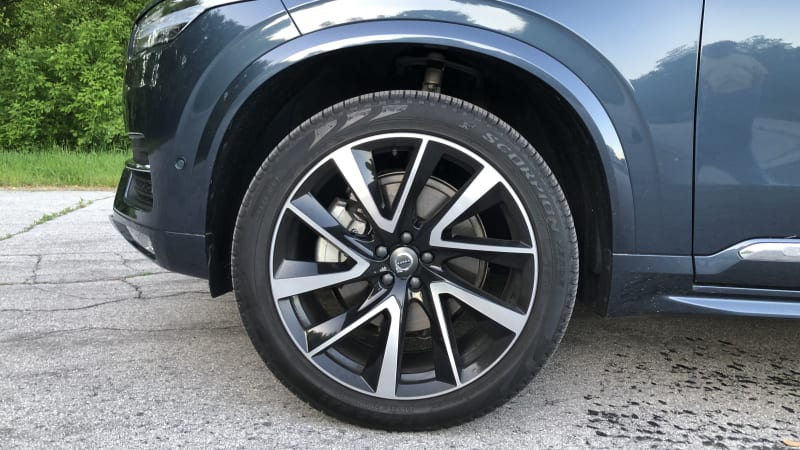Symptoms of a bad or failing brake master cylinder
https://ift.tt/2Mjaw5s

The brake master cylinder is one of the most important components found on modern car braking systems. It serves as the main valve that pushes brake fluid through the brake lines so that the brake calipers can squeeze the pads against the rotors. It functions by pushing a metal rod through a cylinder to force fluid through the braking system to the wheels. One end of this rod is attached to the pedal and is actuated when the pedal is depressed. Usually a faulty brake master cylinder will produce a few symptoms that alert the driver that service may be required.
1. Abnormal brake pedal behavior
One of the first symptoms commonly associated with a bad or failing brake master cylinder is abnormal brake pedal behavior. The master cylinder is the component that generates all of the pressure for the braking system, and if it develops any sort of problems sealing or distributing pressure, this may be felt in the pedal. Over time, with constant use, the seals inside of the cylinder can wear out and form internal leaks. A bad brake master cylinder may result in a pedal that feels mushy, spongy, or that slowly sinks to the floor when depressed.
2. Contaminated brake fluid
Another symptom of a bad brake master cylinder is contaminated brake fluid. Brake master cylinders use rubber seals which can break down and wear out over time. When they do, they can contaminate the brake fluid and will turn it dark brown or black color. Aside from contaminating the fluid, a brake master cylinder with worn seals will also not be able to hold brake pressure as effectively and may also result in a mushy pedal or one that slowly sinks to the floor.
3. Check Engine Light comes on
Another symptom commonly seen for newer vehicles is an illuminated Check Engine Light. The braking systems on newer vehicles may have brake fluid level and pressure sensors installed in the master cylinder. These sensors are meant to detect any problem with the vehicle’s brake fluid pressure, which is generated by the master cylinder. If they detect that the pressure has dropped, it is possibly due to a problem with the master cylinder.
As the brake master cylinder is essentially the heart of the braking system and vital to reliable brake operation, it is an important component to the handling and safety characteristics of the vehicle. A vehicle with a bad brake master cylinder will have inoperable or compromised brakes, and therefore will be unsafe to drive. For this reason, if you suspect that your brake master cylinder is having a problem, have the brake system diagnosed by a professional technician from YourMechanic to determine if it the car needs a brake master cylinder replacement.
Auto Blog
via Autoblog https://ift.tt/1afPJWx
July 26, 2019 at 02:06PM
